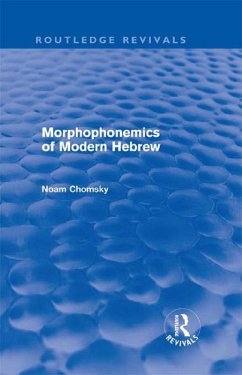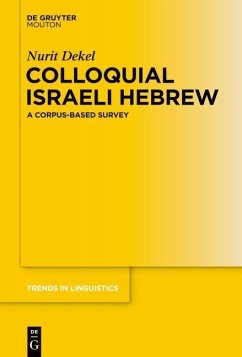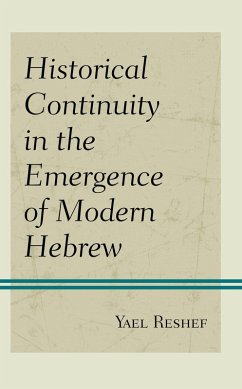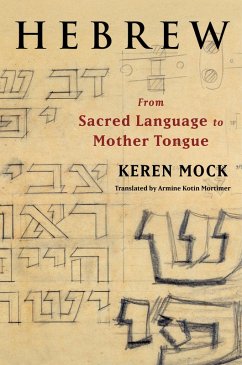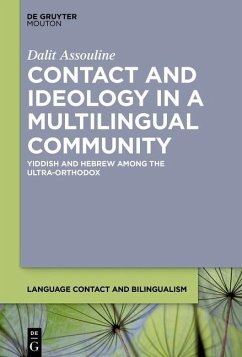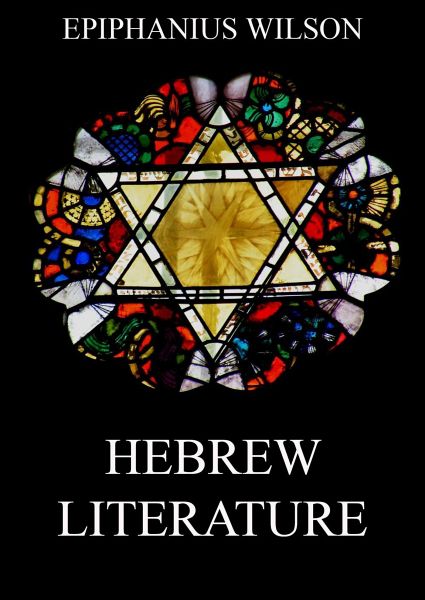
Hebrew Literature (eBook, ePUB)

PAYBACK Punkte
0 °P sammeln!
Hebrew literature contains some of the most profound and most influential productions of the human spirit. It constitutes a potent factor in modern civilization, and possesses merits which place it far above most other literatures of the world. The common salutation of the Hebrew is "Peace," while that of the Greeks is "Grace," and that of the Romans, "Safety." The Greek sought after grace, or intellectual and bodily perfection, and the power of artistic accomplishment. The Roman's ideal was strength and security of life and property. The Hebrew sought after peace, peace in the heart, as found...
Hebrew literature contains some of the most profound and most influential productions of the human spirit. It constitutes a potent factor in modern civilization, and possesses merits which place it far above most other literatures of the world. The common salutation of the Hebrew is "Peace," while that of the Greeks is "Grace," and that of the Romans, "Safety." The Greek sought after grace, or intellectual and bodily perfection, and the power of artistic accomplishment. The Roman's ideal was strength and security of life and property. The Hebrew sought after peace, peace in the heart, as founded on a sense of Jehovah's good providence, and a moral conformity in conduct to His revealed will. While the Greek in art, literature, and even in morals, made beauty his standard, the Roman stood for power, domination and law, and the Hebrew for religion. The Hebrew, indeed, introduced into Europe the first clear conception of religion, as implied in monotheism, and a rigidly defined moral law, founded upon the will of Jehovah. The basis of morals among the Latins was political, among the Greeks æsthetic, and among the Hebrews it was the revealed will of Jehovah. While the most important remains of Hebrew literature are comprised in the Scriptures known to us as the Bible, there exists also a voluminous mass of Hebrew writings which are not included in the sacred canon. These writings are of supreme importance and value, and the selections which we have made from them in the present volume give a good idea of their interest, beauty, and subtlety of thought.
Dieser Download kann aus rechtlichen Gründen nur mit Rechnungsadresse in A, B, BG, CY, CZ, D, DK, EW, E, FIN, F, GR, H, IRL, I, LT, L, LR, M, NL, PL, P, R, S, SLO, SK ausgeliefert werden.





